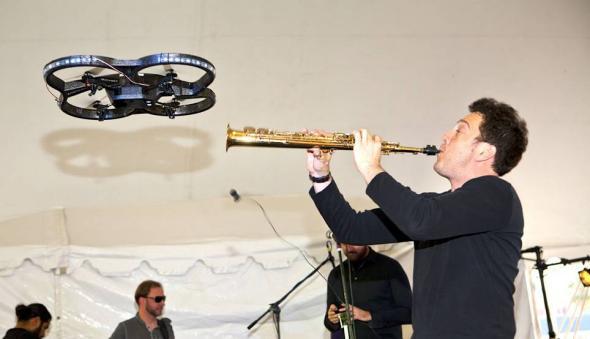Miles Green
Member
- Messages
- 27
- Location
- Greece
Hello,
I've been playing the soprano for 6 months now, on a regular daily basis. I have 2 mouthpieces, one classical (a Rousseau New Classic #3 opening) and one jazzy: a Selmer Super Session F. It's been fun playing a bit of both, I use the classical one for exercises, scales, and classical music, and the prefer the Super Session for pretty much anything else. I play them with different reeds btw, Vandoren blue box #2.5 or #3 for the classic, and Rico Select Jazz 2H for the Super Session.
But is it a good idea to be playing with 2 different mouthpieces at early learning stages? I'm wondering it will speed up or hamper the learning process? Am i more or less likely to develop bad habits regarding embouchure?
Many thanks!
Miles
I've been playing the soprano for 6 months now, on a regular daily basis. I have 2 mouthpieces, one classical (a Rousseau New Classic #3 opening) and one jazzy: a Selmer Super Session F. It's been fun playing a bit of both, I use the classical one for exercises, scales, and classical music, and the prefer the Super Session for pretty much anything else. I play them with different reeds btw, Vandoren blue box #2.5 or #3 for the classic, and Rico Select Jazz 2H for the Super Session.
But is it a good idea to be playing with 2 different mouthpieces at early learning stages? I'm wondering it will speed up or hamper the learning process? Am i more or less likely to develop bad habits regarding embouchure?
Many thanks!
Miles





